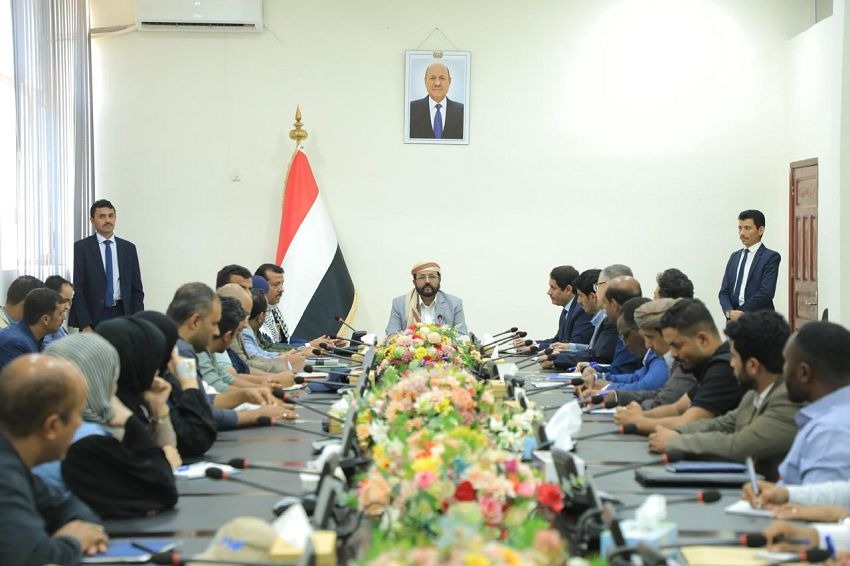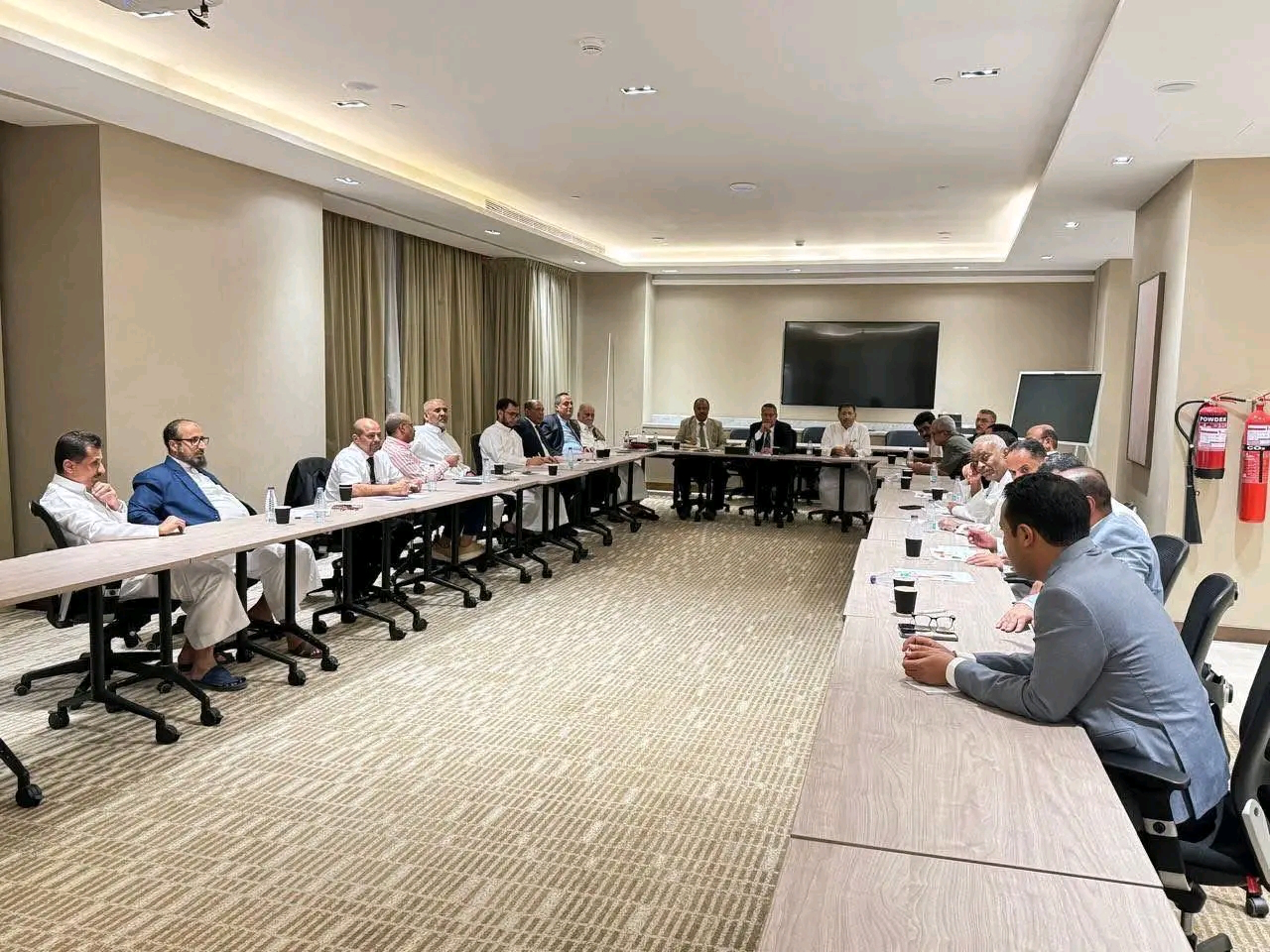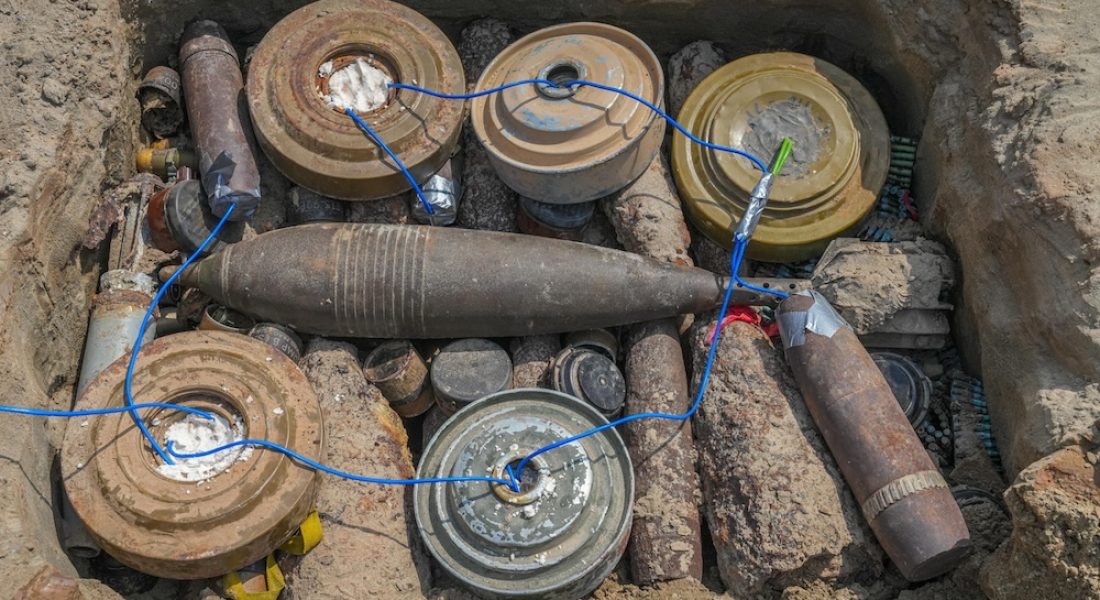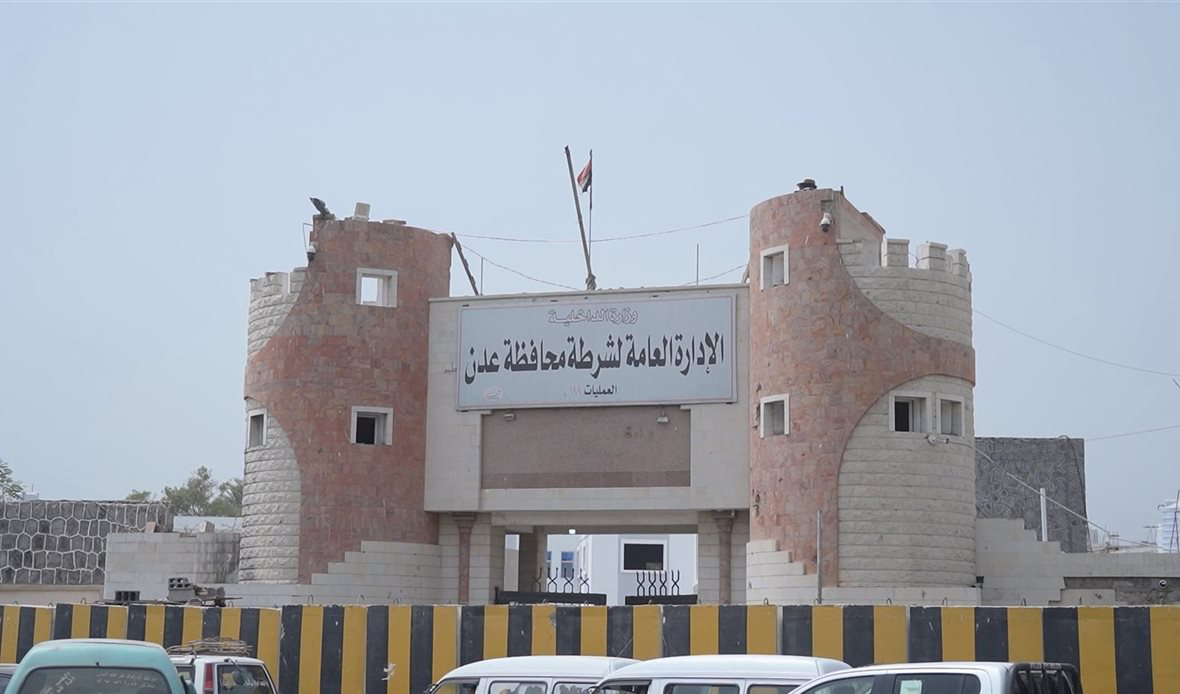
Barran Press
Marib, Yemen - The Governor of Marib and member of the Presidential Leadership Council, Major General Sultan Al-Arada, emphasized the importance of a shift from emergency humanitarian interventions to recovery, community empowerment, and sustainable development, along with strengthening institutional capacity in service delivery.
Al-Arada made these remarks on Thursday, August 8, 2024, during a meeting with directors and representatives of several international and UN organizations operating in the humanitarian and relief sectors, as well as relevant executive offices and the executive unit for managing the camps for internally displaced persons (IDPs) in Marib.
The Presidential Leadership Council member assured the organizations that the government and local authorities will continue to provide all necessary support, assistance, and facilitation to international, UN, local, and humanitarian and development partners.
The meeting, according to the official Yemeni news agency Saba, discussed the challenges of the humanitarian situation and the worsening crisis in Marib, exacerbated by the ongoing war, climate change, economic deterioration, and the decline in humanitarian interventions due to a significant decrease in donor funding.
The meeting also focused on strengthening the humanitarian partnership between local authorities and humanitarian actors to address the humanitarian crisis in Marib, which has absorbed over 62% of displaced people.
Al-Arada commended the humanitarian interventions of UN, international, and local humanitarian partners in supporting local authorities to address humanitarian needs and alleviate the suffering of IDPs and host communities.
He stated that the current situation requires strengthening partnerships and expanding interventions in Marib to address the challenges posed by the continuous influx of IDPs due to the escalation of violence and forced displacement by Houthi militias.
Al-Arada stressed the importance of UN and international organizations incorporating the humanitarian response plan launched by local authorities last month into the UN's humanitarian response plan for Yemen in 2025.
He urged them to consider the massive displacement to Marib, which has received and continues to receive the largest number of IDPs in the country, along with the humanitarian situation of IDPs and host communities, the difficult living conditions due to the economic crisis, and the decline in humanitarian interventions by partners in various fields.
Representatives of the organizations expressed their appreciation for the significant facilitation provided by local authorities to organizations as humanitarian partners to alleviate the suffering of citizens. In their interventions, they highlighted the challenges facing humanitarian work in Marib and the magnitude of the humanitarian crisis facing IDPs and host communities.





